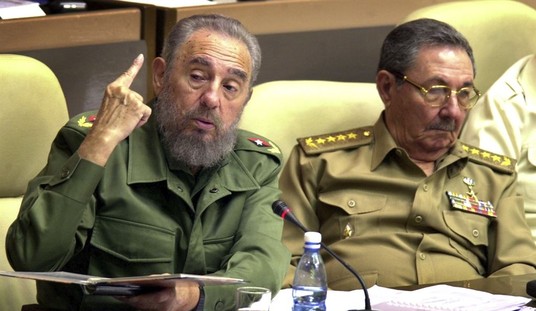For all of you cynics out there who claim to be tired of the annual over-hyped rituals and media overkill connected to the Super Bowl, I sympathize. It is true there is no more over-promoted, over-corporatized spectacle on the planet than the lead-up to the Big Game. It is annoying, tiresome, and sometimes nauseating.
It would be impossible for any game, any sporting event — save, perhaps, the 1980 Olympic hockey game between the U.S. and Soviet Union — to live up to this kind of buildup. And, as a rule, this has proved to be the case. In the 46 games played to date, only a handful have been close, and even fewer were nail-biters. Twenty games have been decided by 15 points or more, with 29 games decided by more than a touchdown. The quality of play, too, is usually less than stellar.
Controversies are created out of nothing. This year’s hysteria came about because of a San Francisco player, Chris Culliver, whose remarks about gays in professional football let loose a firestorm of criticism:
Speaking with shock jock Artie Lange, cornerback Chris Culliver said he’s not OK with gay players in the NFL or on his team.
“I don’t do the gay guys man,” Culliver said, according to Yahoo. “I don’t do that. No, we don’t got no gay people on the team, they gotta get up out of here if they do.”
Culliver went on to say that gays would not be welcomed in the locker room, but if they remained closeted, he might be all right with them playing.
“Yeah, come out 10 years later,” he said.
To believe that Culliver’s thoughts aren’t almost universally shared by the rest of the players in the NFL is to live a sheltered life, indeed. As a yardstick to determine how far society must yet travel for gay acceptance, his comments were also quite revealing.
If he had uttered those words during the season, they would have been a 24-hour story on ESPN and perhaps a local scandal. But since they were given during Super Bowl week, the avalanche of national criticism that fell on Culliver was astounding. It was front-page news in some markets, and all the usual suspects in the media felt compelled to offer their opinion.
But despite manufactured controversies, boring games, and the relentless media coverage, there is no other day throughout the year that so thoroughly and completely unites Americans in a shared experience. The only other time such a phenomenon occurs is some national tragedy or emergency. Even people who wouldn’t know a blitz from broom handle will sit down with their families, friends, and total strangers to watch the spectacle unfold. There is no other event in American history that has so thoroughly permeated the national consciousness.
In this respect, the importance of the game can hardly be overstated. Last year’s audience may have been the largest in American history, with 111 million viewers tuning in. The broadcast garnered nearly a 48 share — 48% of households in America were tuned in. And even that number doesn’t do justice to the size of the audience, as many of us help make Super Bowl Sunday one of the biggest paydays of the year for bars and restaurants, while many more attend Super Bowl parties.
Some of the individual-fact flakes regarding consumption are incredible. There will be an estimated 1.23 billion chicken wings consumed over Super Bowl weekend. And it’s also the biggest day of the year for that other traditional Super Bowl repast — pizza:
Super Bowl is the busiest day of the year for pizza sales, and figures from 2012 showed an expected 4 million pizzas sold by restaurants alone. That is not counting the frozen pizzas from grocery stores nor the die-hards who make their own pizzas from scratch. Statistic Brain said Pizza Hut sold 2 million pizzas during the Super Bowl in 2012. Domino’s does not readily break out sales, but it shows that Super Bowl Sunday is the busiest of its top five pizza days each year, and Domino’s delivery drivers will log about 4 million miles on Super Bowl Sunday.
It wouldn’t be a Super Bowl without betting. America — and the world — goes gaga over Super Bowl wagering. It is estimated that $10 billion in legal and illegal betting will go on for this one game. That includes the ubiquitous office pools that are worth $2 billion in the U.S. alone.
Fifty million cases of beer will be drunk, with the predictable result of 7 million Americans calling in sick on Monday.
Overconsumption and the gigantic audience lead to the most expensive ads for any program on TV. This year’s wildly creative — and sometimes controversial — ads will cost companies $3.8 million for a single 30-second commercial. An interesting game to play is to ask yourself after an ad has aired if you remember what product was being advertised. It isn’t so much if the ad “works” or not. It’s the prestige of having an ad on the Super Bowl broadcast that matters almost as much.
You can play the cynic today and sniff at all the foo-foo-rah surrounding the game. But if you don’t embrace the pure Americana that the game represents — glorious overconsumption, a marvelous dose of wackiness, media madness, and a kid’s game played by 400 pound grown men — you are missing out on celebrating a clear and true example of American exceptionalism.










Join the conversation as a VIP Member